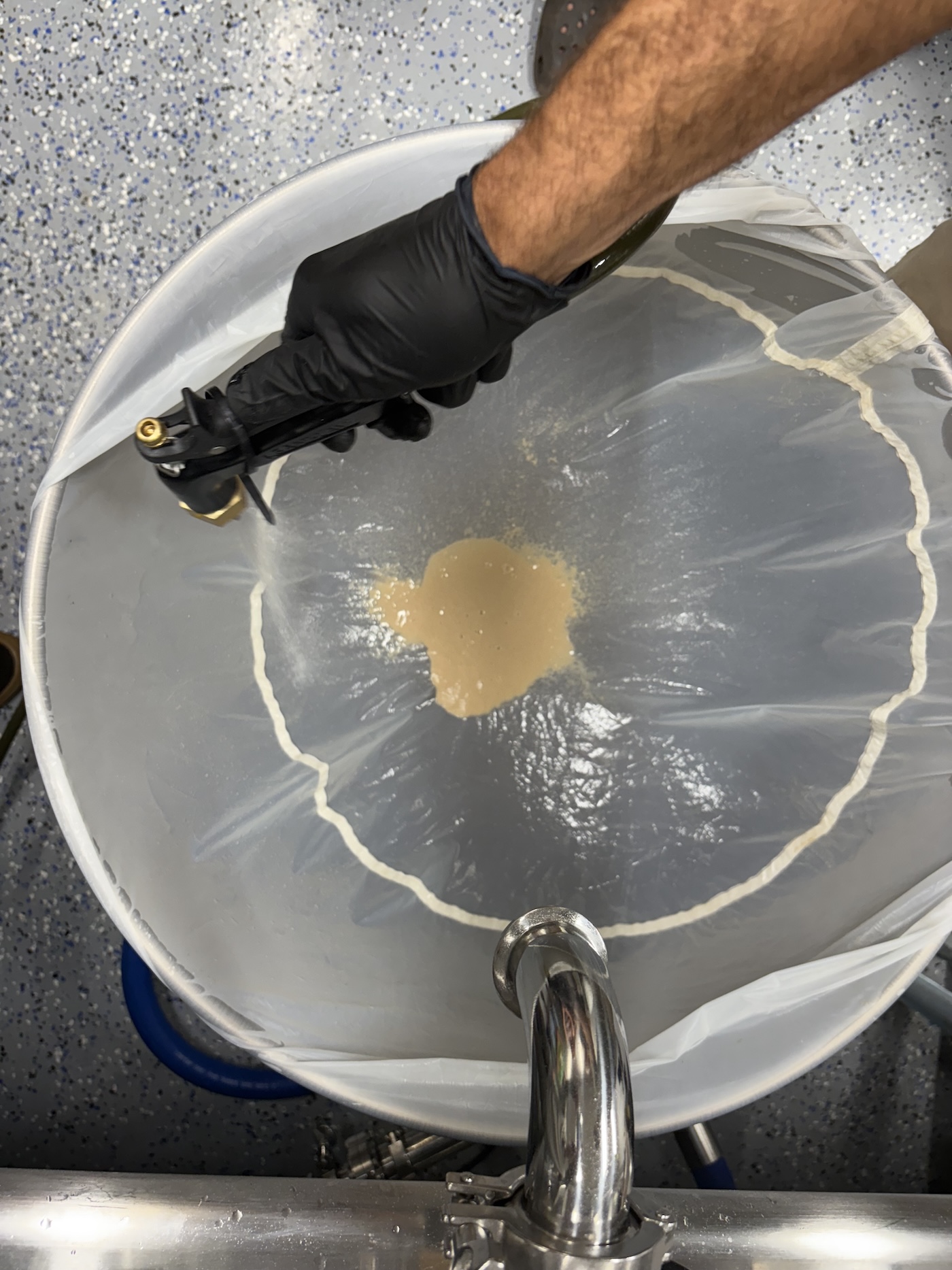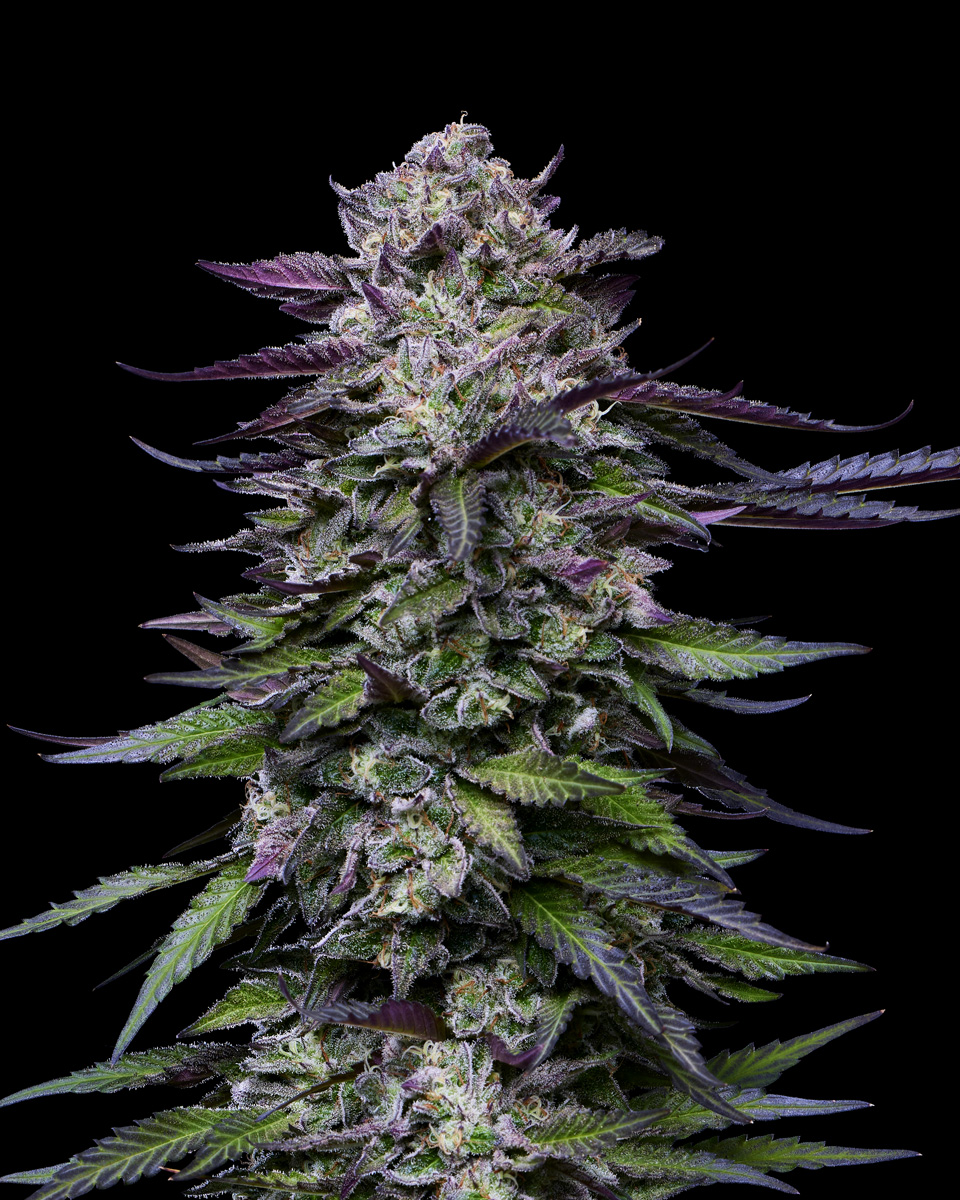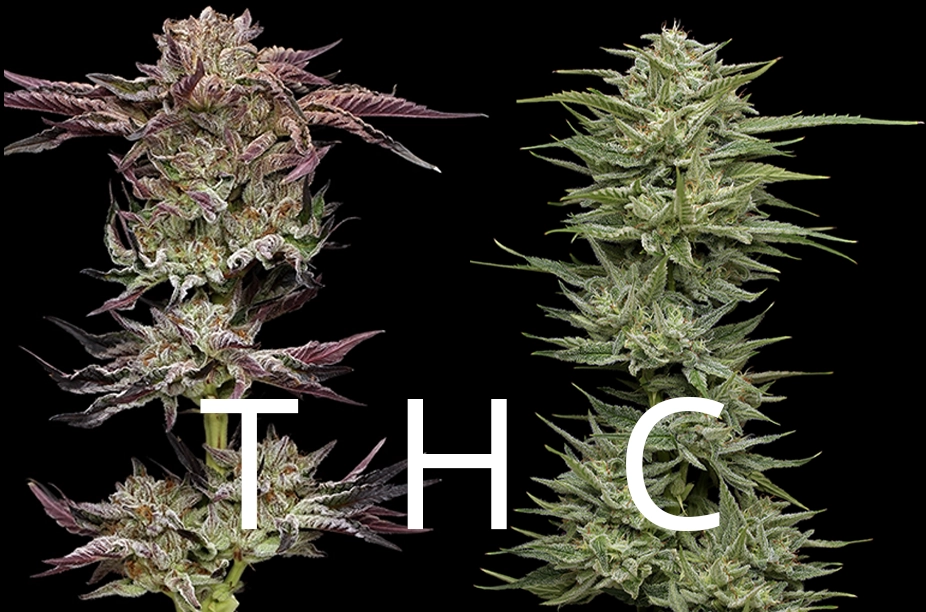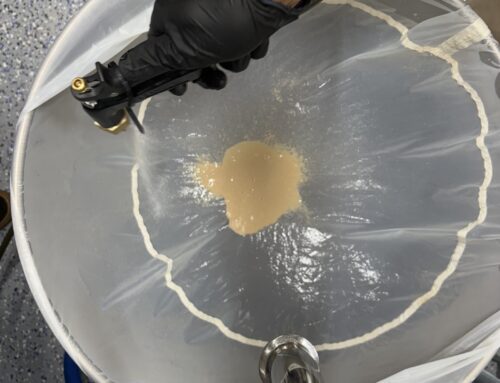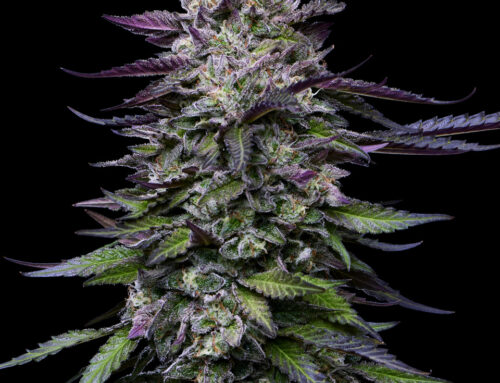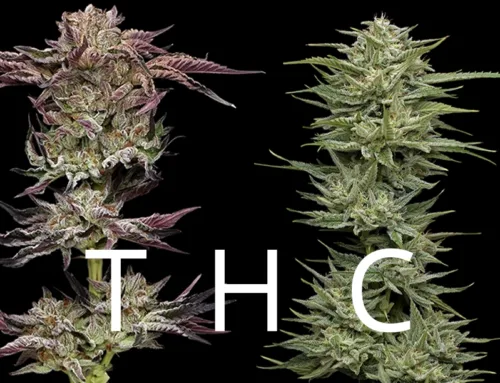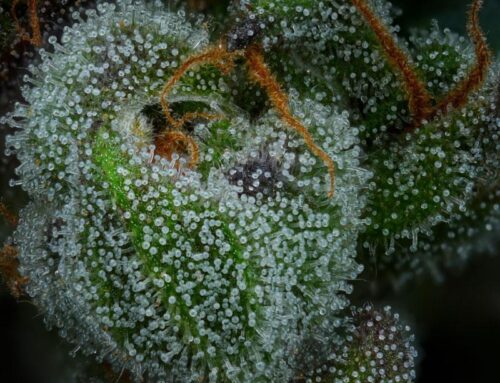
The Future of Cannabis Cultivation in Brazil
South America’s rise as a cannabis cultivation hub is fueled by changing legal and social attitudes. Its favorable climate plays a crucial role, along with Brazil’s ongoing policy developments, even without full legalization. This development signals a transformative shift, ushering in a new era of innovation across the continent. As these trends evolve, they will significantly influence the landscape of cannabis cultivation throughout the region.
Historical Context of Cannabis in South America
During colonial times in Brazil, European settlers and African slaves played a significant role in introducing and cultivating cannabis. The plant arrived primarily through African slaves during the 16th and 17th centuries, establishing a historical connection that has persisted for centuries. This long-standing relationship has influenced Brazil’s cultural, social, and legal perspectives on cannabis, shaping modern attitudes and policies towards its regulation.
Throughout Brazil, Indigenous communities have historically incorporated cannabis into healing rituals and spiritual ceremonies. Despite the implementation of legal restrictions during the 19th and 20th centuries, many communities continued to practice these traditional rituals. The historical and cultural significance of cannabis remains substantial, highlighting its enduring role in indigenous spiritual and medicinal practices despite prohibition.
Brazil currently stands at a crucial crossroads concerning cannabis laws. Historically, it has enforced strict prohibitions with severe penalties. However, public opinion is gradually shifting toward legalization and the medical applications of cannabis. This societal shift has sparked debates within the government on whether to continue enforcement or pursue policy reforms, reflecting changing societal attitudes and global trends in cannabis use.
The Start of Decriminalization
As of June 2024, the Supreme Federal Court determined that possessing up to 40 grams of cannabis for personal use is no longer considered a criminal offense. While it remains illegal, it does not result in criminal charges. Additionally, cultivating up to six cannabis plants for personal consumption is permitted and does not classify someone as a criminal under the new guidelines. This reflects a more lenient approach toward personal cannabis use.
However, regulations prohibit trafficking, sale, import/export, and cultivation beyond personal use, which remain criminal offenses. Public consumption is not allowed, with individuals facing warnings, community service, or educational programs instead of criminal charges. The distinction between a user and trafficker now depends on objective criteria like quantity and plant numbers, rather than subjective judgments, clarifying enforcement guidelines.
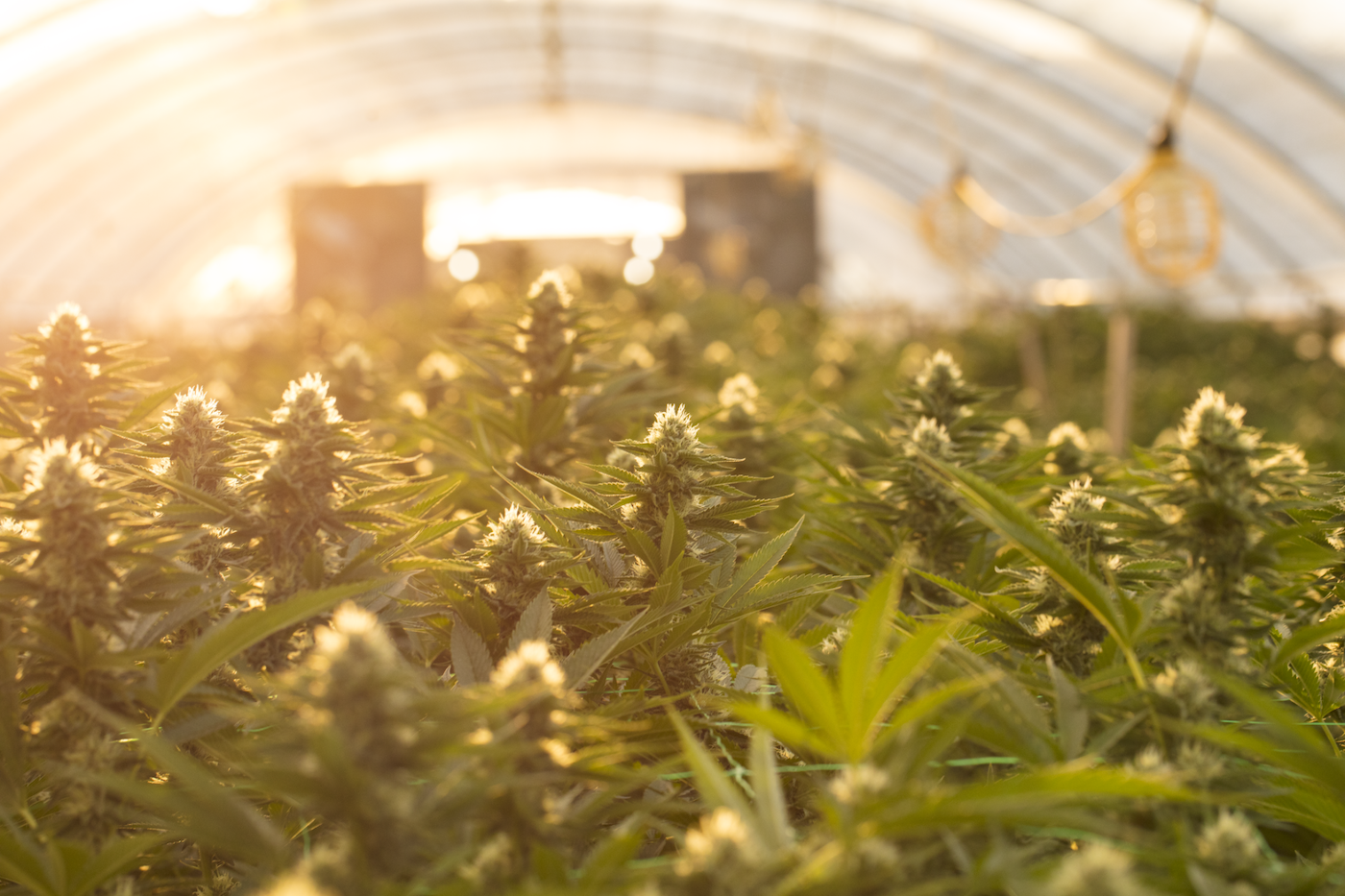
The Introduction of Medicinal Cannabis
In 2019, Anvisa (Agência Nacional de Vigilância Sanitária) became the leading regulatory agency overseeing health and safety standards in Brazil, and officially approved a set of regulations that permitted the cultivation of cannabis, specifically for medicinal use and research. This marked an important milestone in Brazil’s healthcare and scientific research sectors by establishing frameworks for the production, handling, and application of cannabis.
Despite the significant progress made, unfortunately, ongoing restrictions still govern the use of medical cannabis, with products like CBD and THC being prescribed and sold, regulated by ANVISA, the national health regulatory agency. The Resolution RDC 327/2019 created a specific category for cannabis-based pharmaceuticals, easing some regulatory requirements while maintaining standards for quality and safety to ensure consumer protection.
Most products have low THC levels, though higher-THC options are allowed for severe medical conditions. Most medicinal cannabis is imported since domestic cultivation has been restricted or prohibited. However, in 2024, a court ordered new regulations to promote cultivation and importation of low-THC cannabis (<0.3%), supporting industrial, medical, and therapeutic uses. This change aims to improve accessibility and expand treatment options.
The Influence of Neighbouring Countries
Brazil’s cultivation practices differ significantly from those of its South American neighbors. Uruguay stands out as a regional pioneer, having fully legalized and regulated the production, distribution, and sale of cannabis. This progressive approach aims to curb illegal markets and enhance consumer safety nationwide, setting a benchmark for the region, while Brazil, meanwhile, continues to develop its agricultural and regulatory framework.
Conversely, Colombia emphasizes regulated medical cannabis, supporting national research and improving patient access. Meanwhile, Paraguay remains a key player in the illegal cannabis trade, often linked to organized crime and trafficking networks. These contrasting approaches highlight the differing strategies and priorities of the two countries in managing cannabis cultivation and trade, reflecting broader policy orientations and societal impact.
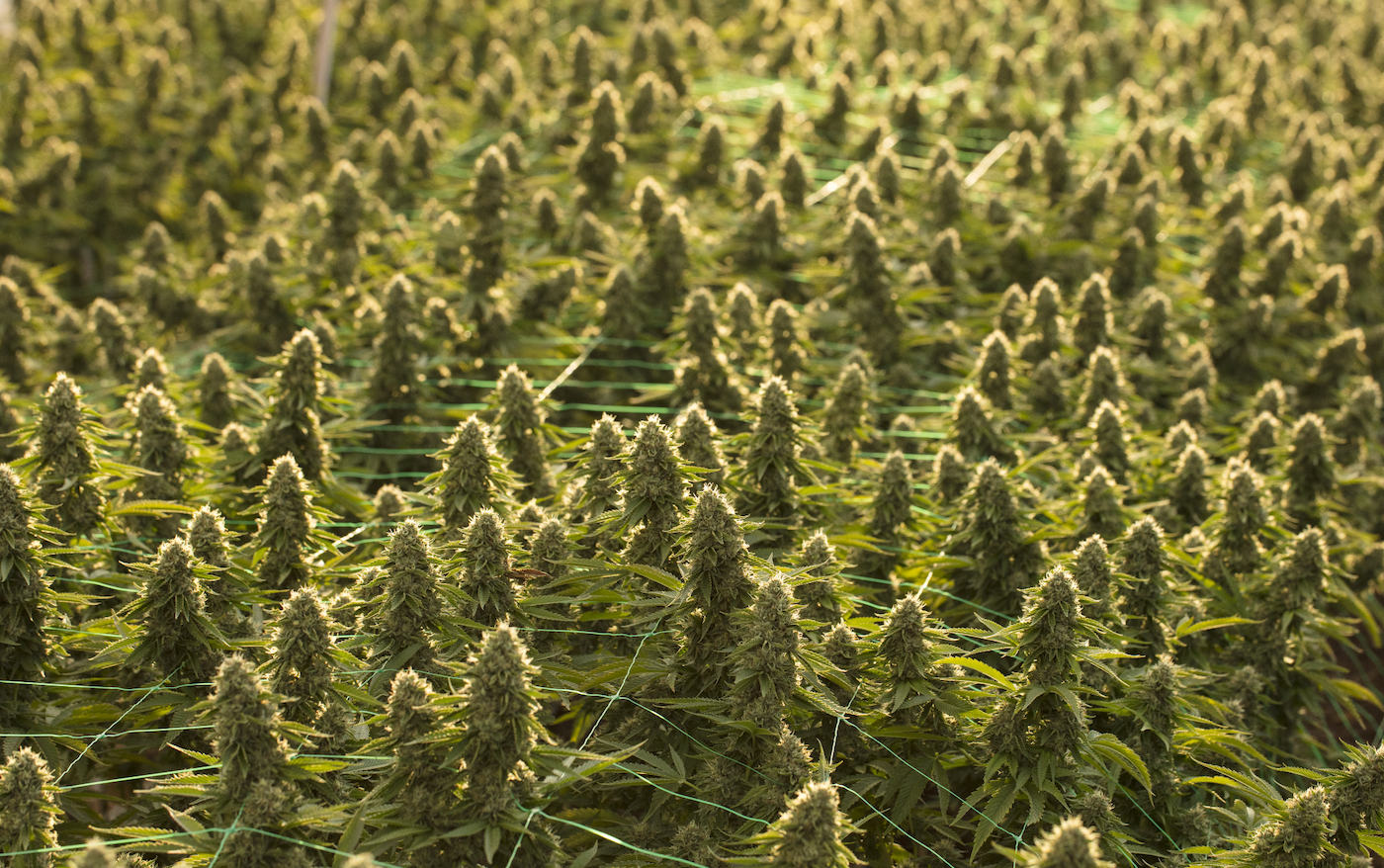
The Limitations of Brazil’s Cultivation Scene
For many years, in Brazil, cannabis cultivation mainly occurred in remote rural areas with limited access and surveillance. Small farmers grow cannabis secretly to supplement their income, often navigating rugged terrains to avoid detection. Unfortunately, organized crime syndicates control large plantations, which are thriving due to weak law enforcement and economic vulnerabilities that hamper efforts to combat drug trafficking effectively.
Across Brazil, growers encounter many challenges. Security threats are common due to violence from criminal groups involved in illegal production and distribution. Government crackdowns frequently target these operations, leading to arrests and the destruction of cannabis farms. Furthermore, the lack of clear legal frameworks creates legal risks for growers, discouraging potential investors, small-scale farmers, and home growers.
Brazil’s Impressive Terroir
Brazil’s diverse terroir, characterized by its varied climate, rich soil, and abundant sunlight, creates an ideal environment for outdoor cannabis cultivation. The country’s diverse range of microclimates enables growers to select specific regions that are best suited for different strains, thereby enhancing quality and yield. The tropical climate in areas like Bahia and Espírito Santo offers warmth and humidity, perfect for cannabis to thrive all year round.
Furthermore, Brazil’s fertile soil and consistent rainfall support healthy plant growth, eliminating the need for excessive chemical fertilizers. The country’s vast landmass and rich biodiversity provide ample space for large-scale farming. Overall, Brazil’s unique mix of climate, soil, and sunlight makes it an ideal location for outdoor cultivation, positioning it as a promising destination for investors and entrepreneurs in the cannabis industry.
Socioeconomic and Cultural Dimensions
Cannabis cultivation in Brazil is navigating a complex socio-cultural landscape. Traditionally stigmatized, perceptions are gradually shifting toward acceptance of cannabis, influenced by Afro-Brazilian cultural roots that view the plant as spiritual and medicinal. Grassroots activism has also played a crucial role in challenging stereotypes, advocating for legal reform, and emphasizing economic benefits for local communities throughout Brazil.
In Brazil, small-scale farmers often grow cannabis out of necessity, struggling to survive financially. Meanwhile, large illegal operations dominate the market, fueling criminal activity. Legal or regulated cultivation could serve as a viable alternative, creating new employment opportunities and helping to reduce dependence on illicit trade. This situation underscores the intricate social, economic, and cultural factors that cannabis has on rural communities.
The Embrapa cannabis research program, introduced in February 2025, is a 12-year research initiative by Brazil’s National Agricultural Agency focused on developing hemp cultivation. It involves creating a genetic seed bank, adapting varieties to local climates, and establishing collaborations both domestically and internationally. This aligns with new regulations legalizing medical hemp and aims to build a sustainable and innovative industry.
Environmental Considerations
Illegal cannabis cultivation in Brazil heavily impacts ecosystems, mainly through illicit deforestation and pesticide use. Forest clearing causes habitat loss and significantly reduces biodiversity, while the use of harmful chemicals pollutes the environment, posing a dramatic threat to wildlife. These activities disturb Brazil’s ecological balance, highlighting the urgent need for more sustainable practices to mitigate environmental damage.
Legalized, sustainable cultivation of crops like hemp could offer environmental benefits by reducing chemical use and conserving resources. Hemp, a fast-growing, versatile plant, needs minimal pesticides and fertilizers, which improves soil quality and supports a greener future. Brazil’s agricultural history reflects an evolving focus, shifting from coffee beans to soy and sugarcane, which has boosted the economy despite ongoing deforestation.
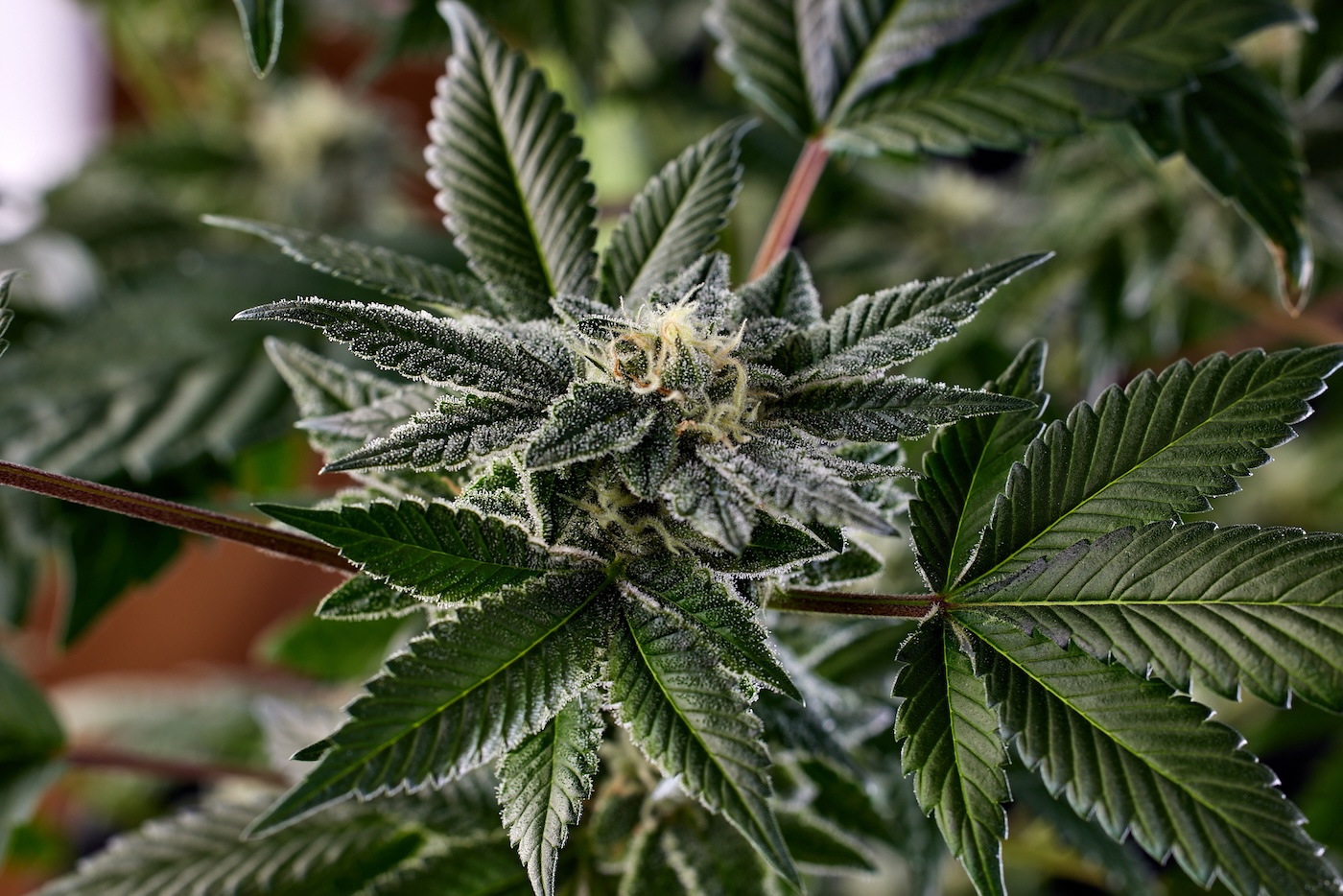
The Future of Cannabis in Brazil
Brazil has the potential to become a regional leader in Latin America’s cannabis industry. Its favorable climate, large agricultural sector, and ongoing activism could attract investment and foster sustainable growth. Balancing environmental concerns with economic development may position Brazil as an innovative pioneer in large-scale cannabis cultivation, transforming its domestic market and establishing itself as a key player in South America.


